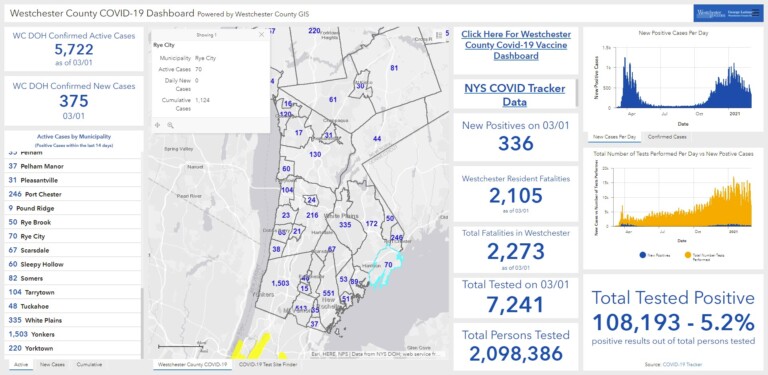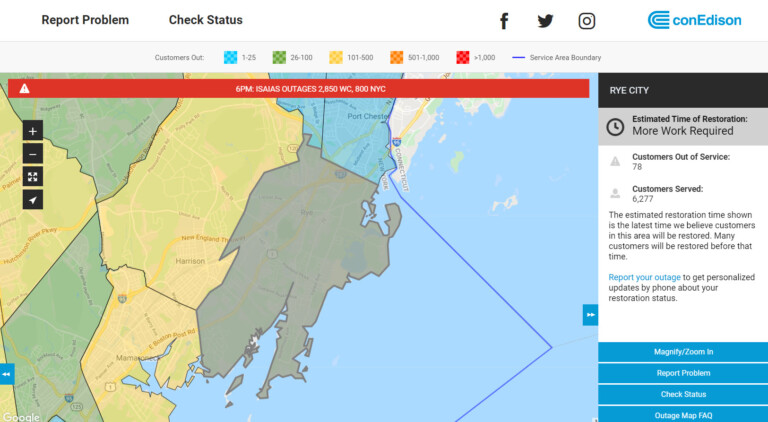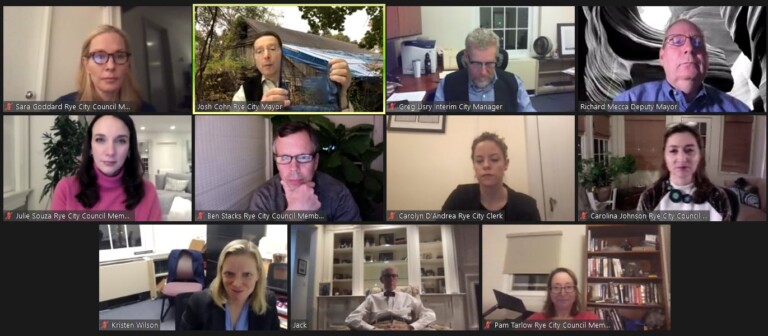Holding Court: Homelessness

Holding Court is a series by retired Rye City Court Judge Joe Latwin. Latwin retired from the court in December 2022 after thirteen years of service to the City.
What topics do you want addressed by Judge Latwin? Tell us.
By Joe Latwin

“The law, in its majestic equality, forbids rich and poor alike to sleep under bridges, to beg in the streets, and to steal their bread.” ― Anatole France
Many cities across the America face a homelessness crisis. Some local governments adopted certain restrictions against encampments on public property. Grants Pass, Oregon passed three restrictions. The first prohibits sleeping “on public sidewalks, streets, or alleyways.” The second prohibits camping on public property. The third prohibits camping and overnight parking in the city’s parks. Penalties for violating these ordinances escalate stepwise. An initial violation may trigger a fine. Those who receive multiple citations may be subject to an order barring them from city parks for 30 days. Violations of those orders can constitute criminal trespass, punishable by a maximum of 30 days in prison and a $1,250 fine.
Homeless advocates challenged one of these restrictions asserting “criminalizing” homelessness was cruel and inhuman treatment in violation of the Eighth Amendment. The Eighth Amendment to the United States Constitution reads: “Excessive bail shall not be required, nor excessive fines imposed, nor cruel and unusual punishments inflicted.” While most other constitutional provisions address what a government may criminalize and how it may go about securing a conviction, the Eighth Amendment’s prohibition against “cruel and unusual punishments” focuses on what happens next. That Clause has always been considered, and properly so, to be directed at the method or kind of punishment a government may impose for the violation of criminal statutes.
In the 18th century, English law still formally tolerated certain barbaric punishments like disemboweling, quartering, public dissection, and burning alive. These punishments were cruel because they were calculated to superadd terror, pain, or disgrace. They were unusual because, by the time of the Amendment’s adoption, they had long fallen out of use. It was commented that a guarantee against those kinds of “atrocious” punishments would prove “unnecessary” because no “free government” would ever employ anything like them. With rare exception, the Cruel and Unusual Punishments Clause focuses on the question what “method or kind of punishment” a government may impose after a criminal conviction, not on the question whether a government may criminalize particular behavior in the first place or how it may go about securing a conviction for that offense.
Under Grants Pass’s ordinances, an initial offense may trigger a civil fine. Repeat offenses may trigger an order temporarily barring an individual from camping in a public park. Only those who later violate an order like that may face a criminal punishment of up to 30 days in jail and a larger fine. None of the city’s sanctions qualifies as cruel because none is designed to superadd “terror, pain, or disgrace.” Nor are the city’s sanctions unusual, because similar punishments have been and remain among “the usual mode[s]” for punishing offenses throughout the country. Homelessness is not made a crime, rather it is the doing of certain acts – camping on public streets or in public parks, or violation an order not to do so after prior violations is what is criminalized – not being. homeless.
The Supreme Court upheld the restrictions This cleared the way for jurisdictions such as California, to go in and clear out large homeless encampment that proliferated in the State.






